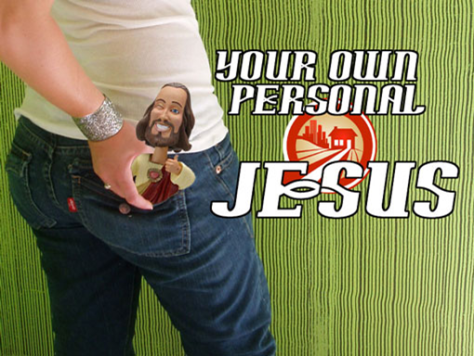
“How can you handle all that arguing??” Friends regularly remark to me how much they dislike getting into religious discussions on Facebook, Twitter, blogs, and the like. They say this in shock that I seem to enjoy it. I suppose we all have different personalities, some of which are amenable to getting in the gutter and slogging it out and some of which are not. For my own part, I am not sure which is better; I only know that I am not good at seeing foolishness and not naming it as such.
There are many inherent dangers in the world of internet Christianity. Ivan Pils, an Orthodox layperson, recently laid out some of these from a specifically Eastern perspective in a great piece for First Things. His comments, though, certainly apply outside of Orthodox Christianity (so you might, as you read this, replace “Orthodox” with whatever your chief adjective is for your genus of Christianity – evangelical, progressive, Baptist, Emergent, Methodist, Missional, etc.):
“It is unhealthy to have more co-religionist friends online than in your own parish. I have seen this happen to some converts who first encountered Orthodoxy online—an increasingly common phenomenon—and therefore naturally built their new identities around people and ideas from the Internet. The parish, characterized by creative chaos, is by definition a place to practice humility, patience, and brotherly love, and to be challenged by how others live the Christian life, not to have one’s biases reinforced.
By contrast, the online inquirer is comfortably anonymous, and can freely consume a wide variety of viewpoints and opinions. And there is a lot of junk out there: Anonymous blogs make the Orthodox case for every outré cause, from monarchism to Marxism. Faceless vigilantes harbor dark vendettas against bishops. And respectable-sounding forums provide a place for lonely sticklers to pursue uncharitable acts of Pharisaism against everyone from Roman Catholics (ultramontane Latinizers) to Muslims (bloodthirsty Turks) to the wrong kind of Orthodox (new-calendar ecumenists, or heartless liturgy-fetishists). One can easily find a sympathetic corner of the Internet and stay there, without having to face uncomfortable alternatives to one’s preferred vision of Orthodoxy. This is dark and monstrous.” (emphasis added)
So much truth here. If you find more community online than in your local parish, beware. The local church does not exist to confirm all of our biases, and to seek this out in fear or loathing of anyone who might challenge our pet theological fancies is unhealthy socially, psychologically, and spiritually. Maturity does not come to those who seek safe refuge from all possible challenges to our assumptions and deeply held biases.

A good test for spiritual health is this: am I regularly in contact with people who challenge my worldview?
Pils is dead-on that “there is a lot of junk out there.” Indeed, it seems that the key to being a significant voice in the online Christian conversation is to be at least half-crazy and barely Christian. All the more reason to pause if you find yourself loving your online ecclesial family more than the flesh-and-blood Body of Christ. You’ve traded a gnostic personal playground for the Christian life that God intended for you: a life in real community, with all its attendant blessings and challenges, conflicts and potlucks and pettiness and hugs.
In my last post, I noted Michael Eric Dyson’s critique of Cornel West: the true prophet is tethered to a true spiritual community. Absent that filial and communal bond, Christian thought, speech, and action is likely to degenerate into a sad parody of church. And this, to me, explains rather elegantly so much of the garbage online that passes for Christian discourse. It can’t be an accident that the most outlandish malarky comes from those with few or zero ties to the local church: ex-preachers, blogging hobbyists with an ax to grind, seminary students, campus ministers, agnostics masquerading as Christians, and former church staff members.
There is no shortage of those with a grievance against the local church (some days I am one of them); but beware of critique against the church from those who are not invested in it. Words come cheaply when they are never tested by the gritty reality of other flesh-and-blood persons, and instead only see light among the self-chosen sycophants with whom it is so easy to surround oneself in the online world that we too easily mistake for reality.
In the image above, a pack of wolves surrounds a bison. The pack mentality is strong among Christians online, and the instinct to hunt, run to ground, and destroy is easily spotted. If you don’t believe me, get into a conversation with a TULIP-loving Calvinist or one of Rachel Held Evans’ minions (in reality, two sides of the same coin) – the pack will come out very quickly.
Even among Christians dedicated to caritas, the internet can be a place where our most base instincts are allowed to roam free. As with many things, social media is a useful servant but a very poor master. Let us resist the wide path, the easy substitution of the one, holy, catholic, and apostolic Church of Jesus Christ for an online facsimile of like-minded people who all hate the same things. This is a fool’s bargain when compared to the complex, messy beauty of the community God gave us at Pentecost.
Thoughts?





